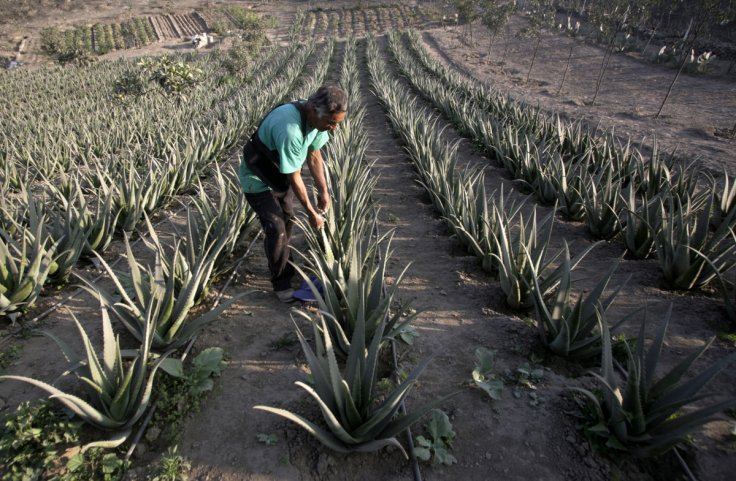The novel coronavirus pandemic has sent majority of economic activities to a freezing halt. Large-scale lock-downs, though aimed at protecting people from Covid-19, have made them vulnerable on economic front, with a large number of workforce now at the verge of loosing their jobs.
On Wednesday, International Labor Organization (ILO), the United Nations agency, said that half of world's workforce is headed toward another crisis: loss of livelihood.

Around 1.6 billion workers, who account for half of global workforce are staring at "immediate danger of having their livelihoods destroyed," ILO warned on Wednesday. Out of 3.3 billion workforce, 2 million work in the informal sector, either as contractual workers or as self-employed. Their wages have declined by 60% in the first month of the crisis.
What did ILO say?
Wages of informal workers has declined by 81% in Africa and the Americas, 21.6% in Asia and the Pacific, and 70% in Europe and Central Asia, according to the ILO report.
For businesses, 436 million of them are facing high risks of serious disruption. Majority of them belong to the hardest-hit economic sectors, which is 232 million in the wholesale and retail sectors, 111 million in manufacturing industries, 51 million in accommodation and food services and 42 million in real estate and other business activities.
In a statement, ILO's director general, Guy Ryder said: "For millions of workers, no income means no food, no security and no future. Millions of businesses around the world are barely breathing... They have no savings or access to credit. These are the real faces of the world of work. If we don't help them now, they will simply perish," he added, Guardian reported.
What should governments do to overcome the crisis?
ILO's director general said that governments should recognize that they need to reconstruct their economies around better working practices and not a return to the pre-pandemic world of precarious "work for the majority."
"The pandemic has laid bare just how precarious, just how fragile, just how unequal our world of work is. It is commonly said that this pandemic does not discriminate, and in medical terms that is right. We can all be struck by the pandemic," he noted.
In terms of the economic and social effects, this pandemic discriminates massively and above all it discriminates against those who are at the bottom end of the world of work, who don't have any protection. Nor do they have any resources or the basics of what we would call the "essentials of a normal life," he added.









